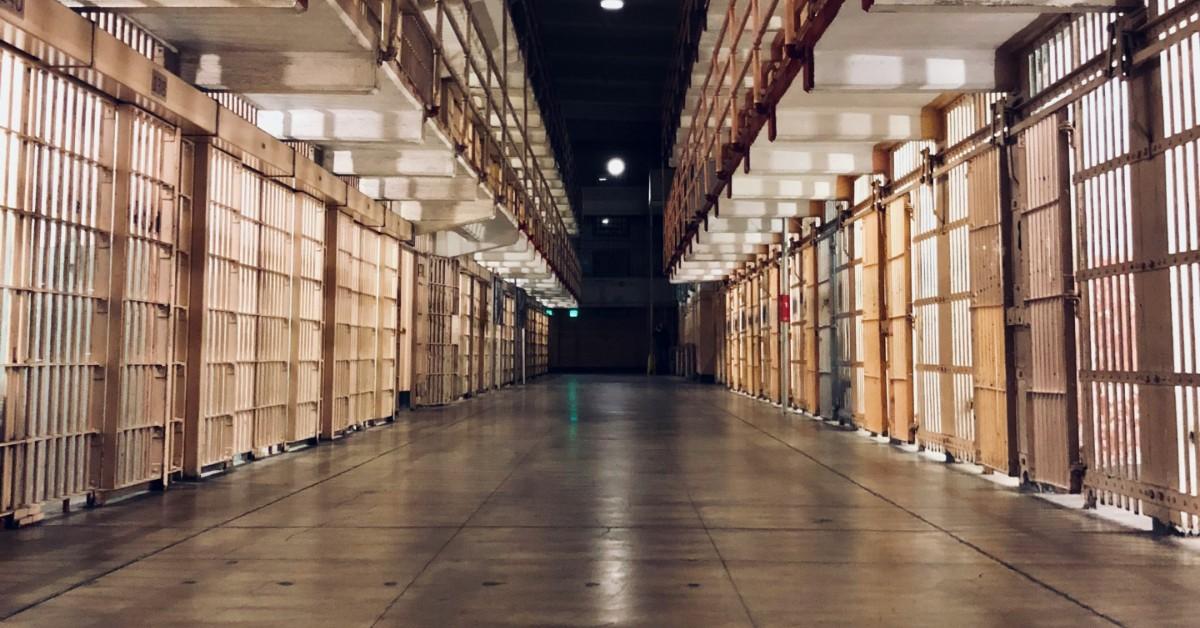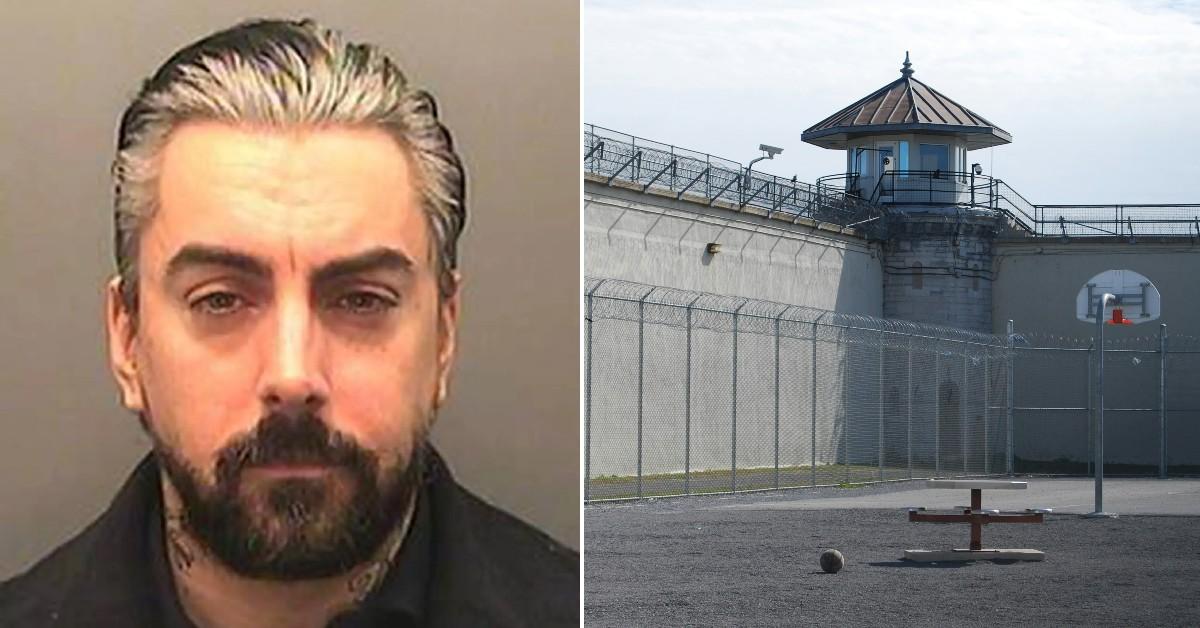Ian Watkins once said the chances were “someone could sneak up behind me and cut my throat.” As RadarOnline.com reported, on Saturday, 11 October, his grim prediction came true. The disgraced rock star, 48, who fronted the Welsh band Lostprophets before his conviction for child sex offenses, was killed in a frenzied attack inside Wakefield Prison – the notorious “Monster Mansion” that houses some of Britain’s most violent criminals.
Watkins had long warned of the danger he faced at the high-security facility.
A Marked Man Behind Bars

Watkins’ grim prophecy came true inside Wakefield Prison.
In a 2019 conversation about life behind bars, he said: “It’s not like one-on-one, let’s have a fight. The chances are, without my knowledge, someone would sneak up behind me and cut my throat… stuff like that. You don’t see it coming.”
On Saturday morning, just after 9 am, that fear became reality when he was ambushed and fatally slashed moments after leaving his cell. Prison officers later described the scene as “beyond anything we’ve ever seen.”
The former frontman had been serving a 29-year sentence for 13 child sex offenses, including the attempted rape of a baby. His 2013 conviction followed a police raid at his Pontypridd home that uncovered a catalogue of abuse and explicit recordings.
The sentencing judge called his crimes “plunging into new depths of depravity.” From the day he entered Wakefield, Watkins was a marked man – a sex offender, former celebrity, and, in the eyes of other inmates, the lowest of the low.
“He didn’t stand a chance in there,” said a former inmate who served time alongside him at the West Yorkshire prison. “Everybody knew what he’d done, and that alone seals your fate in a place like this. He was despised – people used to say it was only a matter of time before someone got to him.
“He was a dead man walking as prisoners banged up for ‘normal crimes’ see child abusers as sub-human and below them. They earn respect by beating and killing them.”
A Deadly Reputation

Guards found the convicted pedophile fatally slashed near his cell
Watkins’ fame, money, and notoriety also made him both a target and a resource for others. Former prison staff told RadarOnline.com he had used his finances to buy protection from violent inmates, but that arrangement often backfired.
“He tried to buy his safety, but it only fueled more resentment,” claimed a source. “He didn’t have any real friends – just people who used him or wanted him gone.”
His notoriety also continued to attract attention from outside. Despite the horror of his crimes, Watkins reportedly received hundreds of letters from female admirers and regular visits from “goth groupies” in their twenties. Those relationships, one ex-guard said, made him even more despised behind bars.
Wakefield’s Boiling Point

Watkins was serving 29 years for horrific child sex crimes.
Conditions inside Wakefield have long been described as volatile and decaying. A recent inspection by the Chief Inspector of Prisons found violence in the jail had risen by 75 percent, with overcrowding, rampant drug use, and run-down facilities contributing to a climate of fear.
“Wakefield is understaffed and falling apart,” said one officer. “You’ve got older sex offenders mixed in with young, aggressive gang members – it’s a disaster waiting to happen.”
Among the 630 inmates are some of Britain’s most infamous criminals, including child killers Roy Whiting and Mark Bridger, and family murderer Jeremy Bamber. Harold Shipman and Robert Maudsley – dubbed “Hannibal the Cannibal” – also served time there.
“It’s a place packed with very, very dangerous men,” said a former warden. “Once you throw a convicted pedophile into that environment, what happens next is almost guaranteed.”
‘Justice Served’ Behind Bars

Wakefield’s violent, overcrowded halls sealed his deadly fate.
Police have arrested two men in connection with Watkins’ death, and a formal inquiry is underway. Inside the prison, word of the killing spread within minutes. “There was shouting and cheering coming from the cells,” said the partner of one inmate.
“Nobody felt sorry for him. Everyone knew what he’d done, and they saw it as justice finally being served.”
For Watkins, who once said he feared a blade from behind more than any courtroom, his prophecy proved horribly accurate.





